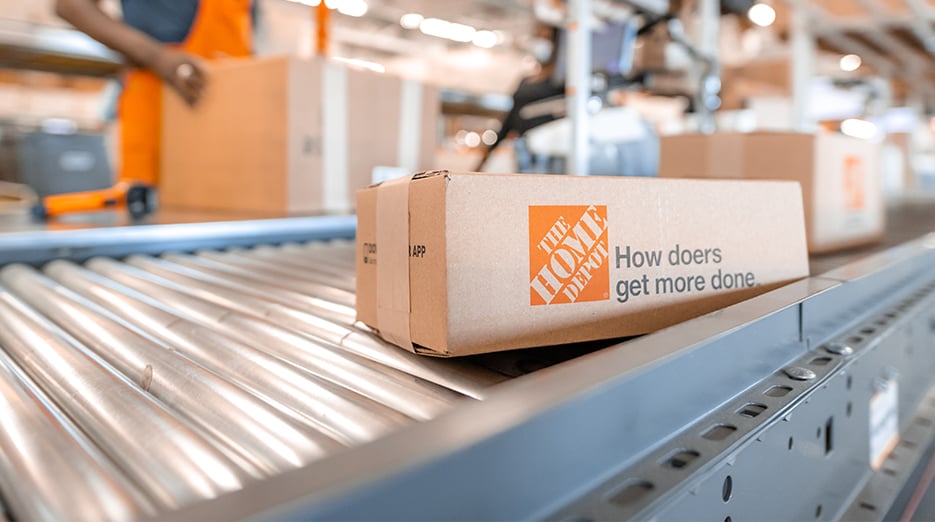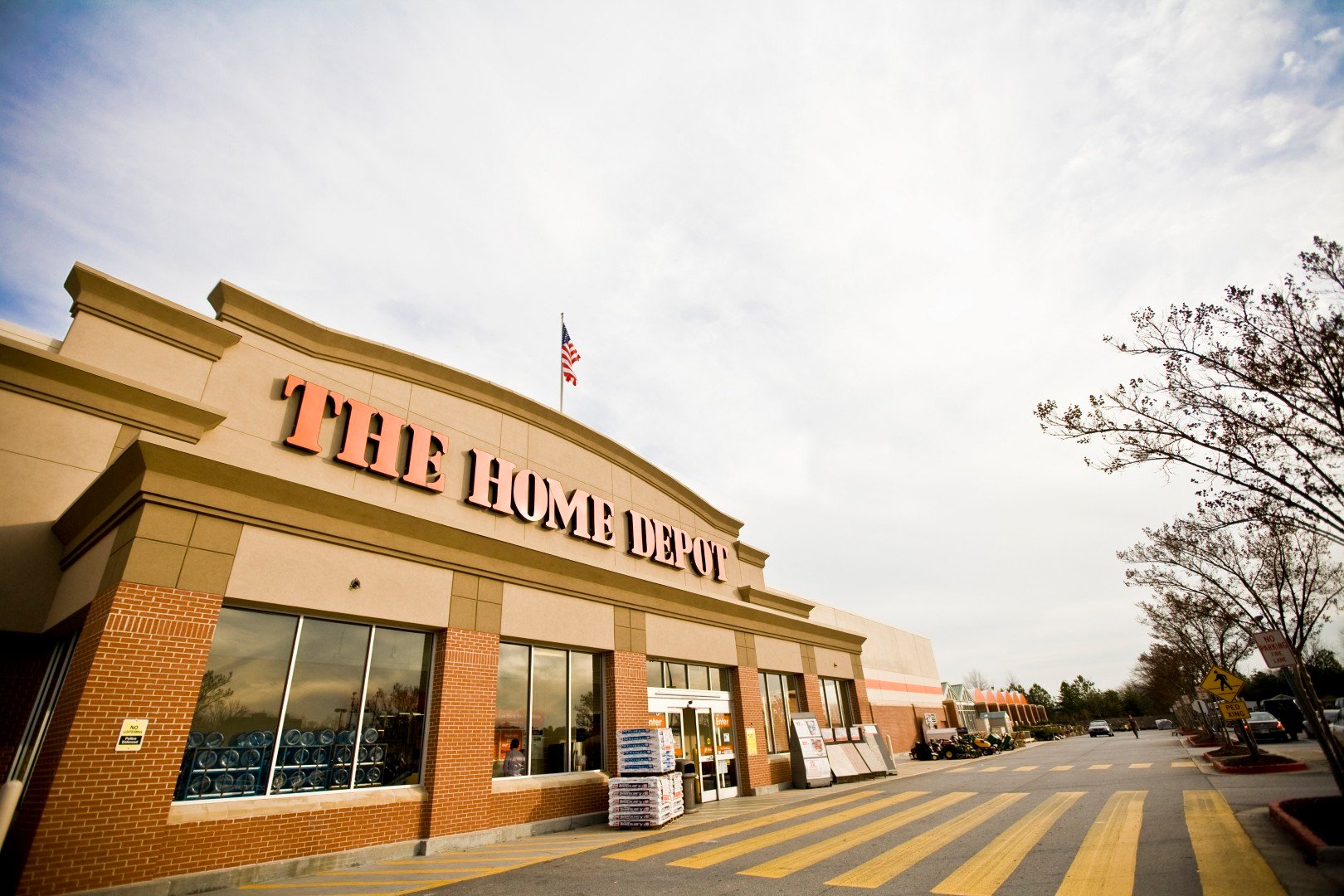There are many reasons why Warren Buffett is arguably the most famous active investor today. He has put together an incredible winning streak of long-term stock buys that helped Berkshire Hathaway (BRK.A 0.81%) (BRK.B 0.69%) trounce the market since 1965.
Some of these bets, like Buffett's financial crisis investments that paid huge dividends starting in 2008, wouldn't be available to regular investors. However, it has more often been the case that the billionaire succeeded by focusing on a few key investment characteristics such as strong consumer brands and unusually high profit margins.
With that bigger picture in mind, let's look at why Buffett might love TJX Companies (TJX +0.55%), Home Depot (HD +1.26%), and The New York Times (NYT +1.13%) as investments today.

Image source: The Motley Fool.
1. TJX Companies: An unloved retailer
Buffett started his career by looking at deeply undervalued stocks. Yet he found more enduring success in buying proven winners, like American Express and Coca-Cola, that were already well known on Wall Street. He was even more excited about these "wonderful businesses" if they had recently fallen out of favor with investors.
That's happening right now with TJX Companies, which in late May reported a brutal 50% sales plunge during the period when COVID-19 measures were at their strictest. The off-price retailer is down 14% over the first half of 2020 while the broader market is lower by just 2%.
There's a good chance the owner of the T.J. Maxx, Marshall's, and Home Goods brands will bounce right back to its prior path of consistent market share wins over the next few quarters. It's even possible that sales trends accelerate even more as consumers focus more spending on home products. TJX Companies will no doubt capitalize on disruptions in the wider industry to stock up high-quality merchandise, too.
2. The New York Times: Smaller is sometimes better
Buffett's biggest handicap over the last decade or so is that his portfolio is so large that his options are limited for finding game-changing investments. Even quickly doubling a $20 billion purchase would hardly be noticeable in a portfolio that includes big pieces of global giants like Apple.
Most investors don't have that problem, and so we can look to smaller companies when hunting for outsize long-term growth.
The New York Times fits that category, with a market capitalization of under $8 billion. Shareholders have seen a strong year so far, with gains of 31% through June. That growth might just be the start, though, if the company can succeed at building a viable newspaper content business that doesn't rely on advertising to fuel most of its profits.
The early days of the COVID-19 pandemic have provided a good test of that proposition, and the media company is succeeding so far. It now counts over 4 million subscribers across its growing portfolio of digital products, and that base protected earnings as advertising revenue dove 15% in the fiscal first quarter.
3. Home Depot: A cash-efficient blue-chip giant
Warren Buffett studies many financial metrics when he's evaluating a business, but one of his favorites is return on invested capital (ROIC). An impressive ROIC is the first of his three main criteria when considering a major acquisition (the other two are good, honest management and an attractive selling price).
Home Depot has this capital allocation quality in spades. The home improvement leader's cash efficiency routinely outpaced that of rival Lowe's, but it has hit a new gear since 2009, jumping to nearly 40% compared to Lowe's 22%. That's good enough to make Home Depot among the most cash-efficient businesses in the entire market.
HD Return on Invested Capital data by YCharts.
Sure, Buffett would be less impressed with the stock's price. At over 25 times last year's profits and 2.5 times sales, Home Depot isn't valued cheaply today.
But investors who prefer his portfolio style might want to own at least a small piece of this business, or keep it on their watch list along with TJX Companies and The New York Times, in case another market swoon is on the way.











